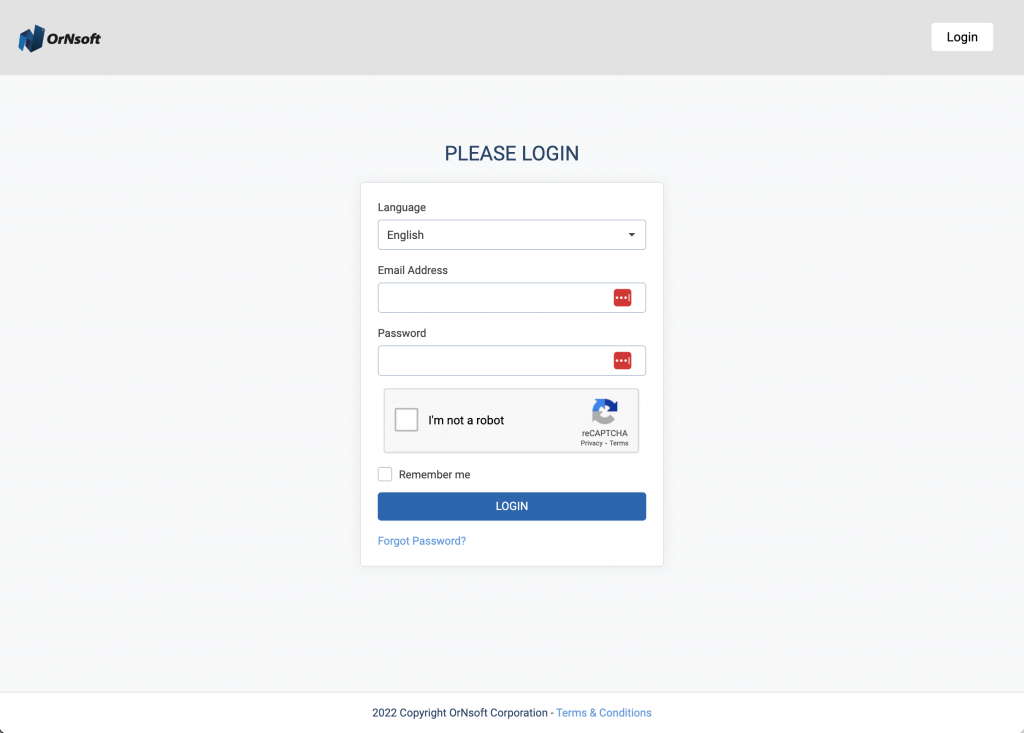Introduction
As we continue to navigate the digital age, businesses are constantly seeking innovative ways to streamline operations, reduce costs, and increase efficiency. One technology that has emerged as a game-changer in this regard is Robotic Process Automation (RPA).
What Is "Robotic Process Automation (RPA)"?
Robotic Process Automation (RPA) refers to the use of software robots or "bots" to automate routine, repetitive tasks typically performed by human workers. This includes tasks like data entry, invoice processing, customer service responses, and more. The goal of RPA is to free up human employees to focus on more complex tasks that require critical thinking and creativity.
RPA is often associated with Artificial Intelligence (AI) and machine learning, as these technologies can enhance its capabilities. However, it’s important to note that RPA doesn’t necessarily involve AI or machine learning; even simple rule-based bots can be considered a form of RPA.
History of "Robotic Process Automation (RPA)"
RPA has its roots in the early days of automation, but it wasn’t until the late 1990s and early 2000s that it began to take shape as we know it today. The term "Robotic Process Automation" was coined around 2000 by Blue Prism, a UK-based software company.
The technology has evolved significantly since then, with advancements in AI and machine learning enhancing its capabilities. Today, RPA is a key component of digital transformation strategies for businesses across a wide range of industries.
Importance of "Robotic Process Automation (RPA)"
In today’s fast-paced business environment, the ability to automate routine tasks is a significant advantage. RPA not only increases efficiency and productivity but also reduces the risk of human error. Additionally, it can lead to significant cost savings, as bots can work continuously without breaks and don’t require benefits or vacation time.
Furthermore, RPA can enhance customer service by speeding up response times and ensuring more accurate information. It also allows human employees to focus on tasks that require a higher level of cognitive function, leading to more job satisfaction and less burnout.
Practical Applications
RPA can be applied in numerous ways across various industries. In finance, for example, it can automate tasks like invoice processing and fraud detection. In healthcare, it can streamline patient scheduling and billing. In retail, it can enhance inventory management and customer service.
One of the most significant applications of RPA is in the field of data analysis. Bots can quickly gather and analyze large amounts of data, providing businesses with valuable insights that can inform decision-making.
The Role of ‘Robotic Process Automation (RPA)’ in Modern Enterprises
In the modern business landscape, RPA plays a crucial role in driving efficiency and productivity. By automating routine tasks, businesses can streamline operations, reduce costs, and increase speed and accuracy.
Furthermore, RPA can enhance customer service and free up human employees to focus on more complex tasks. This not only leads to increased job satisfaction but also allows businesses to leverage the unique capabilities of their human workforce.
Case Study
A great example of successful RPA implementation is the case of a global bank that used RPA to automate its loan application process. The bank used bots to gather and analyze applicant data, reducing processing time from several days to just a few hours. This not only increased efficiency but also improved customer satisfaction.
Future Outlook
As AI and machine learning continue to evolve, the capabilities of RPA are expected to expand. Future trends include the integration of RPA with other technologies like the Internet of Things (IoT) and blockchain, as well as the development of more sophisticated bots capable of cognitive functions.
In conclusion, RPA is a powerful tool that can help businesses streamline operations, increase efficiency, and reduce costs. As the technology continues to evolve, its potential applications are only expected to grow.
Intrigued by the potential of AI for your business? Schedule a free consultation with us here.

